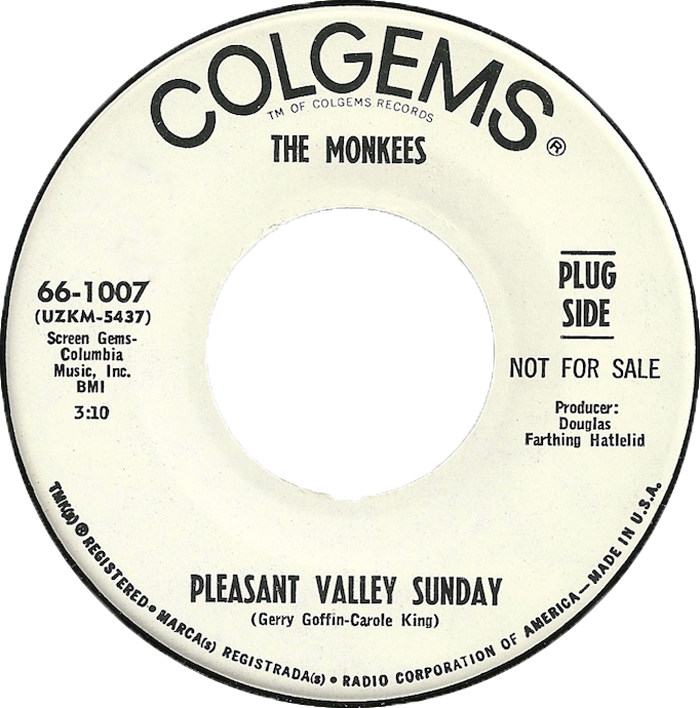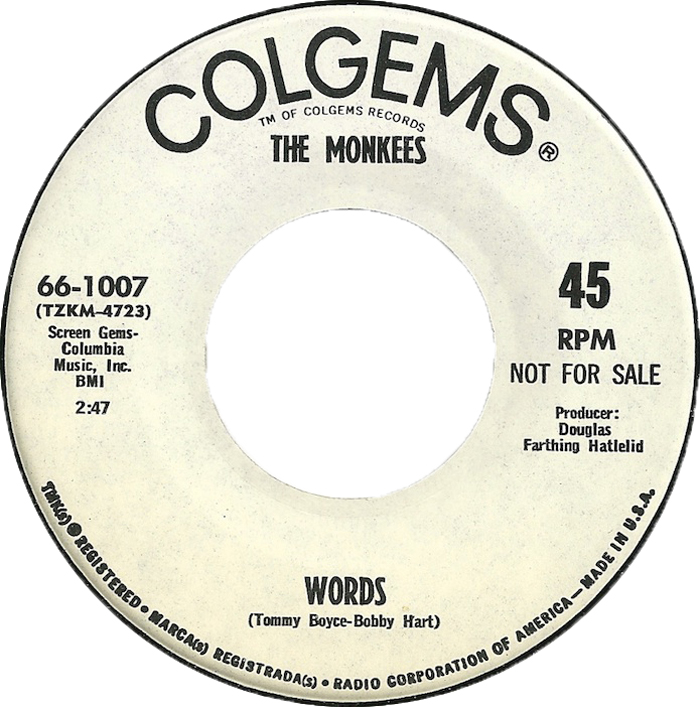 From the MCRFB NEWS archive: 1963
From the MCRFB NEWS archive: 1963
The Bill Gavin Newsletter October 19, 1963
From the Desk of Bill Gavin Billboard Contributing Editor
SAN FRANCISCO — The music director at a top 40 station in a large city holds his job largely by continuing to demonstrate his ability to select the new records that eventually become hits. Every week, when he makes his top pick or discovery, he puts his reputation on the line.
 It occasionally happens that even after his station has been playing his pick of the week once an hour for a week, none of the local stores can report any significant sales on it. Should such a thing happen with any degree of regularity. his boss will start looking for a new music director.
It occasionally happens that even after his station has been playing his pick of the week once an hour for a week, none of the local stores can report any significant sales on it. Should such a thing happen with any degree of regularity. his boss will start looking for a new music director.
One annoying circumstance arises occasionally: a few weeks after a pick has been heavily played and yet has sold little or nothing in the market, it looms up in other cities and becomes a national hit. This is pretty frustrating. Why can’t the first station to spot a record’s potential break it for a hit?
BECAUSE IN MOST CASES, the record isn’t in the stores. The dealers get customer calls but don’t have it. Sometimes they’ll try to order it from the distributor and find that he hasn’t stocked it. By the time it finally reaches its destination at the retailer point of sale, there may be no further demand for it. The station may have dropped it entirely, figuring that it was a
bomb.
This kicks back at the station, too, in the form of listener displeasure. Those who have tried to buy the record, in the belief that it must be important, have their enthusiasm dampened when they find that it isn’t available in the stores.
Their confidence in the station is shaken. It’s unfortunate all the way around. Everybody loses.
Who gets blamed? Everybody. The retailer should keep up with what is being picked for air play, and he should have the new items in stock. The distributor should have stock on the floor, ready to move it out to the stores at the first sign of action. The music director should make certain of the record’s immediate availability before he picks it. At least, that’s the way everyone involved tries to evade the responsibility by blaming someone else.
A closer liaison between the station and the distributor can avoid such situations. Some of the nation’s most successful music directors always check with the distributor before picking a record. When will stock he available? If the station goes on the record, will the distributor order it? Will he guarantee an initial allocation to key retailers?
IT HAPPENS OCCASIONALLY that two or three versions of a record will appear almost simultaneously. Which label gets the pick? It is not always the version with the better sound. It is often the version whose distributor is known
to be alert and aggressive, and who can be depended upon to get it on the dealers’ shelves.
This doesn’t necessarily mean that the distributor must guarantee 100 per cent. It should be enough – and usually is – that he will back up the station’s confidence in his product by making it quickly available to the dealers if they need it.
Most important distributors follow this kind of a policy. It is hard to understand why all do not. It is a weakness more often encountered in factory owned or controlled branches, where stock is controlled by the national brass, who estimate which of their weekly releases are most likely to be in demand. In such cases, the decision of an important station to pick a left field possibility – something that is not considered by the bosses to be a top plug item – is occasionally ignored by the local branch manager.
Station music directors are becoming more discriminating with picks in relations to practical sales prospects in a local market. It is a trend that merits serious consideration by record people, in improving their coordination between promotion and sales. END
___
(Information and news source: Billboard; October 19, 1963)
![]()




